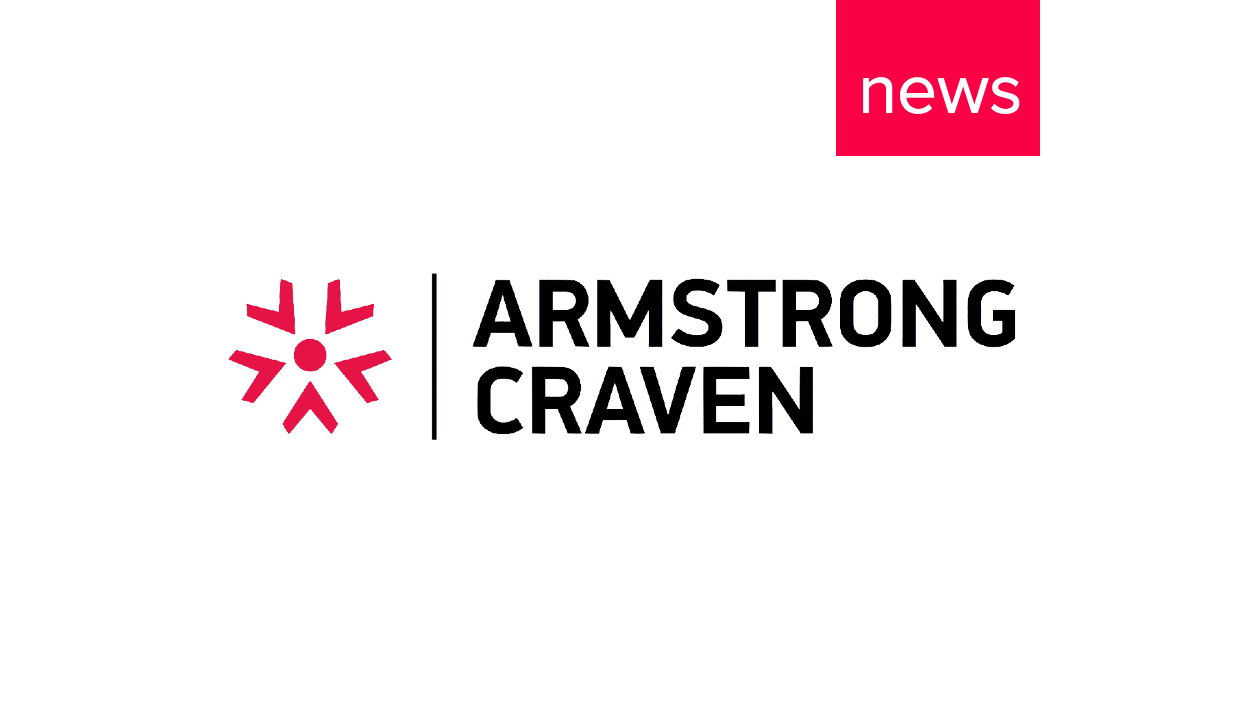Are you a confident leader?
31 Aug, 20174 min
In the global business community, confidence is generally considered a key leadership quality. If a leader exudes confidence, it makes it easier to trust that person and increases the willingness of employees to strive towards the same corporate objectives.
If you are a decisive person with the credentials to back it up, you will be better positioned to advance in a company. Not only does confidence allow you to make the tough decisions that people expect from leaders but it's reassuring to your team and fellow colleagues.
What I have observed since living in Singapore is that in many Eastern cultures humility and respect are more important than confidence.
Many of the communication qualities that Western multinational corporations require run counter to principles that are widely valued in Eastern cultures.
Broadly speaking, East Asians tend to value reflection over urgency, harmony over discord, introspection over feedback, and humility over attention-seeking behaviour. This quite often means that softly spoken Asians can be viewed by their Western counterparts as lacking in confidence.
Adapting to meet the Western expectations is a difficult journey. Research suggests that East Asian executives who adopt Western leader characteristics (such as assertiveness, competitiveness, independence, and self-confidence) risk experiencing what psychologists call “stereotype backlash”. They may be harshly criticised for violating expectations people may have of them. They may also be viewed as less likeable, which could hurt their chances for promotion.
An example of this is that East Asian employees can been deemed reluctant to speak in group meetings (both formal and informal). In many East Asian cultures a person waits for someone to finish their thought, sometimes even taking a while to think it over, and only then responds. This is particularly important, when speaking in a professional context or operating in a foreign language.
Such slower pace of conversation demonstrates respect for the other person but also allows time for reflection and formulation of the most appropriate response. Silence enables people to think things over as opposed to thinking out loud.
While some individuals are born naturally confident and appear to sail through school, university and on to successful careers, for most of us there are challenges along life’s journey that can often leave us questioning any self-assurance we might possess.
This is true whether you are a Millennial, Generation X, Baby Boomer or Traditionalist. Work events that can impact on our confidence can include first jobs, seeking promotion and moving to a new employer.
Confidence and self-esteem issues are also often common among parents – particularly back-to-work mums – and those experiencing the Menopause or ADAM (Androgen Decline in the Ageing Man).
Many companies recognise the importance of investing in the ongoing personal development of their people, while some individuals actively take matters into their own hands by engaging mentors, joining public speaking groups or learning from presentations (TED Talks are particularly useful in this regard).
The Virgin tycoon, Sir Richard Branson, is a massive advocate of business leaders not being afraid to fail. He often refers to the large number of businesses he has started during his career of which people only remember the success stories. Tackling fear of failure head on, perhaps by making a presentation or attending a new networking event, is another way to build self-confidence.
Deborah H. Gruenfeld, the Moghadam Family Professor of Leadership at Stanford Graduate School of Business, agrees. She says: “Try things you don’t think you can do. Failure can be very useful for building confidence.”
This fascination with people’s ability to communicate powerfully and effectively, to handle pressure situations, while still looking natural, has even led to the creation of a website / app called Gweek – www.gweekspeech.com.
The site rates world leaders, including politicians and business people, on their ability to express themselves and deliver ideas effectively while remaining real and authentic. Those with high Gweek scores include the likes of Melinda Gates (93.88), former US Presidential candidate Bernie Sanders (88.82) and Facebook’s Sheryl Sandberg (87.58).
Leading Chinese businessman Jack Ma, Chairman of the Alibaba Group, also scores highly (84.60).
Armstrong Craven is a global talent mapping and pipelining specialist with offices in the UK and Singapore.
Follow Heather @singaporeAC
Speak with an expert
If you want to learn a little more about what we do and how talent research can help you make better-informed business decisions, our team of talent research and consulting specialists are happy to help.






